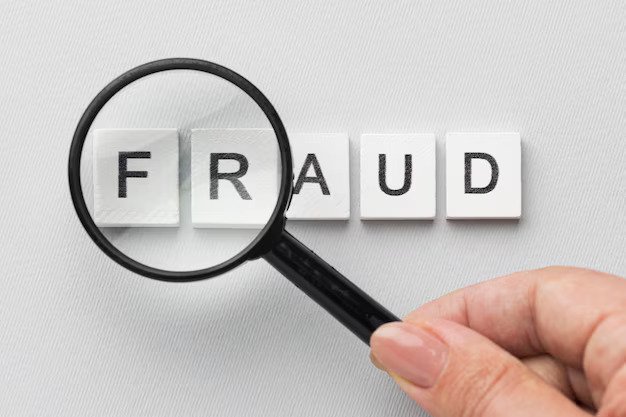July 18, 2023
admin

In today’s interconnected world, where technology dominates our daily lives, financial fraud has become a prevalent and concerning issue. The ever-evolving landscape of cybercrime and deceptive tactics employed by fraudsters makes it crucial for you to be proactive in protecting yourself online and in your finances. In this blog post, we will delve into the realm of financial fraud and provide practical tips to safeguard yourself against these threats.
Financial fraud encompasses a broad range of illegal activities designed to deceive individuals and gain unauthorized access to their money or personal information. Fraudsters employ various tactics, from online phishing schemes and identity theft to investment scams and credit card fraud.
Online fraud protection is essential in safeguarding individuals and businesses against financial losses and unauthorized access to sensitive information in today’s digital age. So, let’s explore some of the ways you can protect yourself.
Safeguard your personal information by using strong, unique passwords for all online accounts and regularly updating them. Enable multi-factor authentication whenever possible to add an extra layer of security. Be cautious about sharing personal details online and only provide sensitive information on secure websites.
Before providing anyone with your personal or financial information, ensure the legitimacy of the organization or individual requesting it. Verify the contact details independently and be skeptical of unsolicited communications, especially requests for sensitive data.
Keep your computer, smartphone, and other devices protected with up-to-date antivirus software and security patches. Avoid connecting to unsecured Wi-Fi networks, as they can be exploited by fraudsters to intercept your information.
Regularly review your bank and credit card statements for any unauthorized transactions. Use financial management tools that send alerts for suspicious activity. Check your credit reports annually to identify any signs of identity theft.
Exercise caution when approached with unsolicited investment opportunities or too-good-to-be-true deals. Conduct thorough research, seek advice from trusted professionals, and never rush into financial decisions.
Be cautious when receiving calls or emails from individuals claiming to be from your electric company, bank or a charity. If they ask for a money order or credit card number to clear a debt or make a donation, it’s likely a scam. According to the Federal Trade Commission (FTC), phone scams accounted for 190,000 occurrences among older consumers in 2018, compared to 30,000 for email and online scams combined. Stay informed about new scams by visiting the FTC’s Scam Alert page.
Avoid discarding your bills or credit offers without shredding them first, as they contain personal and financial information that identity thieves can exploit. Consider opting for paperless billing and statements to minimize physical mail. When people are working, don’t leave mail lying around. If you’re traveling, either put a stop on your mail delivery or arrange for someone you trust to pick it up, ensuring that statements and offers don’t fall into the wrong hands.
Financial fraud poses a significant threat to your hard-earned money and personal information. By implementing proactive measures, you can significantly reduce the risk of falling victim to fraudsters. These measures will help you with both; business fraud protection and financial fraud protection.
Stay informed, protect your personal information, verify the authenticity of requests, and remain vigilant in monitoring your accounts. Remember, prevention is always better than cure when it comes to financial fraud.
Copyright © 2025 VASL. All Rights Reserved.
Know someone who needs support? Get a 40% referral bonus when they sign up!